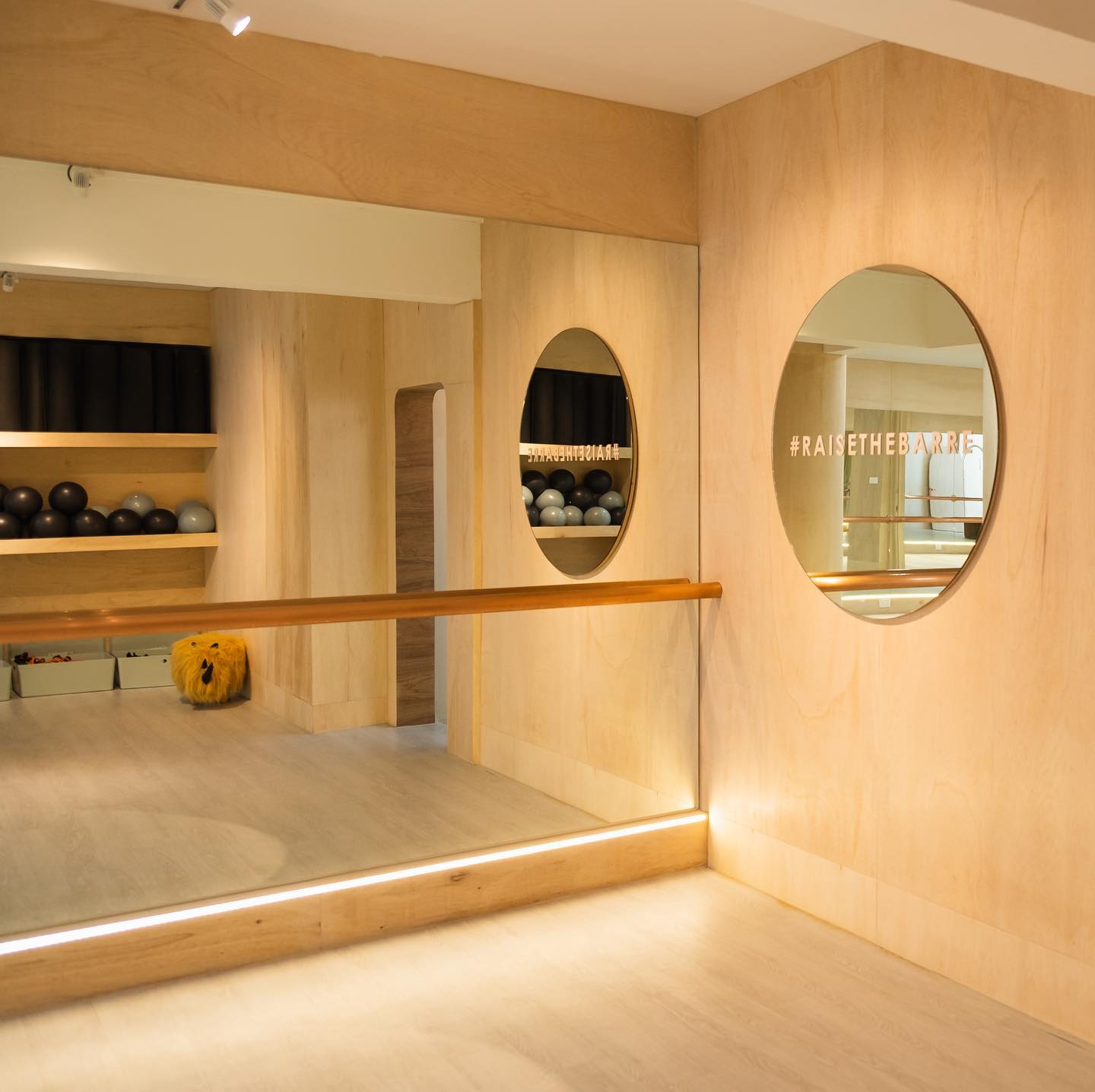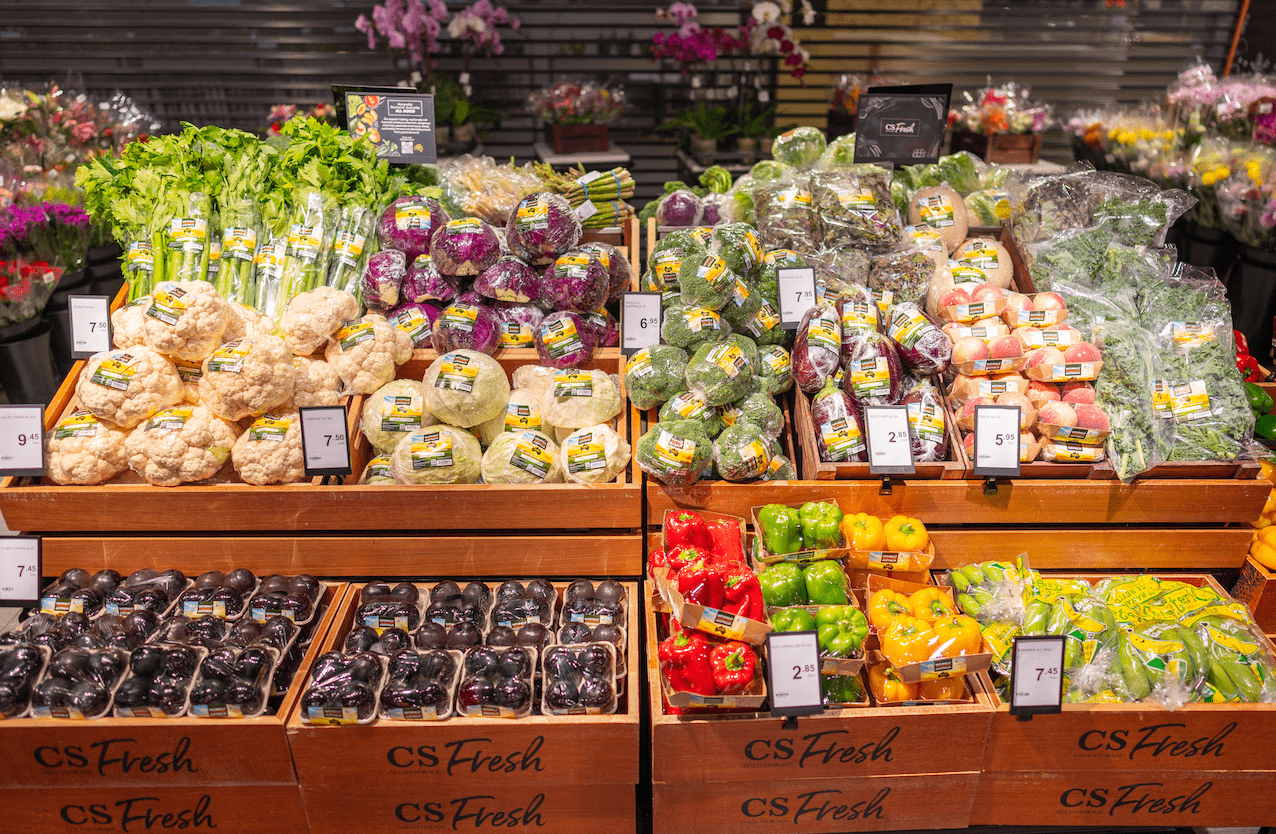Why are more and more starting to eat locally?
There is a growing awareness among Singaporeans for organically grown food. More importantly, there seems to be increasing support for locally grown produce, whether organic or not. By eating local, we rely less on imported produce, which typically presupposes the use of chemical fertilizers, and fossil fuels for their production and transportation. Individuals have come together via informal interest groups to share the benefits of eating local. At dinner parties these days, you half expect guests to declare themselves “locavores”. We have come into an era where one’s beliefs define eating habits.
What sparked your interest in local and organic food?
When I was pregnant with my daughter, my first, I did a considerable amount of research into caring for babies and children. The frightening and startling reality of how processed and chemically enhanced food and products can and has an adverse effect on our lives really hit home. Coupled with the food contamination episodes in recent years, particularly in relation to baby milk formula, I was even more determined to change things.
What are some local meet-ups or events the public can attend to learn more about sustainable food?
There are quite a few networking events geared towards such discussions. Green Drinks Singapore is one example. On our part, we also plan to use our deli as a venue for more of such events.
Do you provide delivery of any locally produced foods?
That is a work-in-progress. We’re finalizing details on a service where customers can have fruit-and-vegetable boxes, with supplies that could last a household of four for about a week, delivered to them. We’ve also started a mini vegetable patch at our deli, so customers can look forward to picking their greens for their salads fresh! We hope to roll these services out soon.
What does eating local imply?
It means to be aware of the source of your food: where it comes from, how it’s produced, how it’s delivered and how it’s stored. In a sense, you form a direct relationship with the producer as you ask these questions. By purchasing local produce, you are also supporting these producers economically, who are often operating on a smaller scale compared to the multinationals. And as long as there is continued demand, the producers will have the will and capacity to expand their range of produce. This is a win-win situation for both producers and consumers.
Does eating locally automatically equate to eating healthier?
As local produce is transported over a shorter distance from farm to consumer, items such as vegetables or eggs are fresher compared to imported ones. However, you should check how the items are produced. Some local producers employ organic or natural growing methods while some do not. Given a choice, you should pick one, which is local and organic or natural.
What are your views on the buying organic versus buying locally debate?
Organic local produce is already available, and quite readily, too. What we should be aiming for is making such organic produce more accessible to more people. I think the difficulty many Singaporean consumers find themselves faced with is whether to buy organic or non-organic. The situation in Singapore is that there is a limited variety of local produce, which fuels demand for imported produce that makes up more than 90% of our food supplies. For us at Nothing But Green, we choose organic–whether locally produced or not.
What are some challenges local food has to face?
I think that consumers generally associate imported produce as being of a better quality. Local producers face a challenge in changing this mindset and getting them to gradually accept their produce. In addition, I think that most Singaporeans have come to accept that food is not typically produced locally. The word “import” has become a part of our psyche. The major challenge, though, is space. Singapore is a small island, after all, and there are many interests competing for a finite amount of useable land space.
What are some simple things the public can do to improve their eating habits?
Small baby steps could help; for example, cutting down on processed snacks or items that don’t contain many natural or organic ingredients. Stopping to think about it is already a good start. Once you start becoming more aware of what is going on, you will be putting the right stuff into your shopping cart. If you have green fingers, you can start by planting your own vegetables. This way, you are assured that they are pesticide-free and fresh.
What’s next for you?
We have started a mini vegetable stand in-store where customers will soon be able to pick their greens for their salads. Gives new meaning to “fresh”!
Jacqueline Tan runs Nothing But Green.





